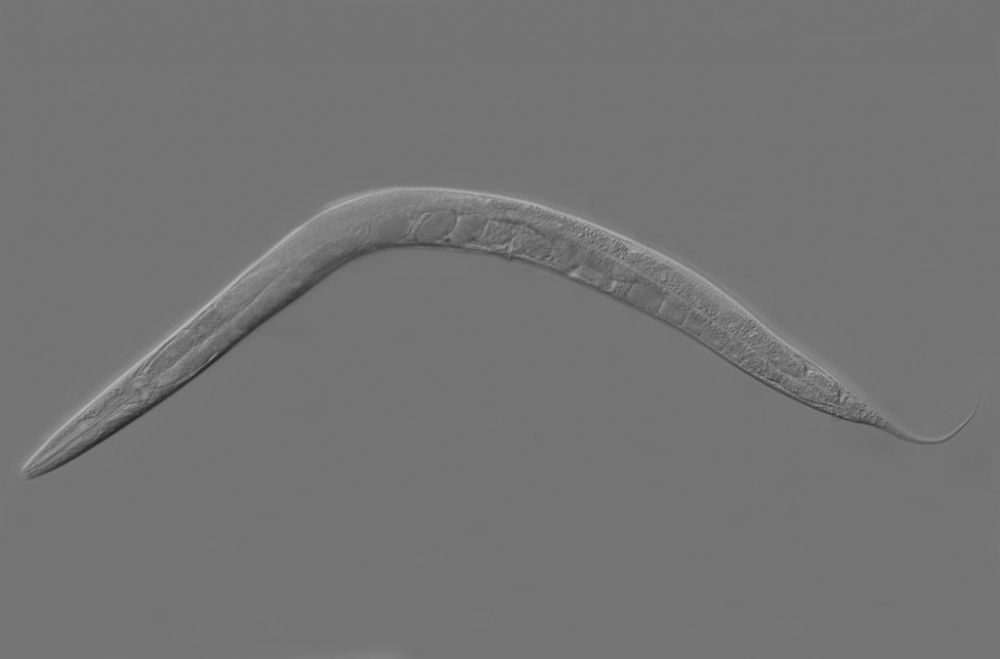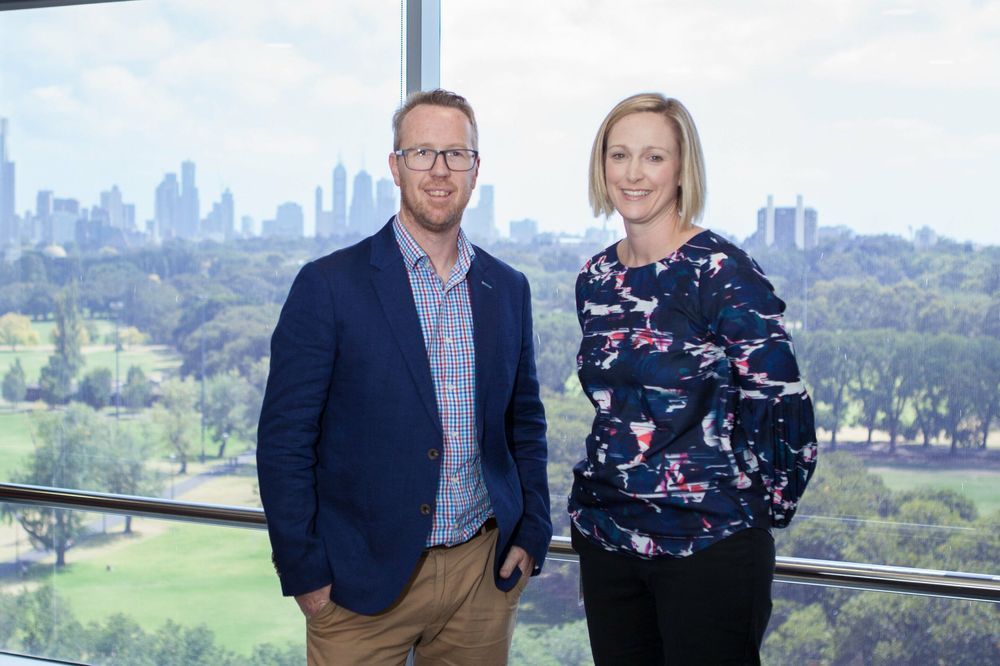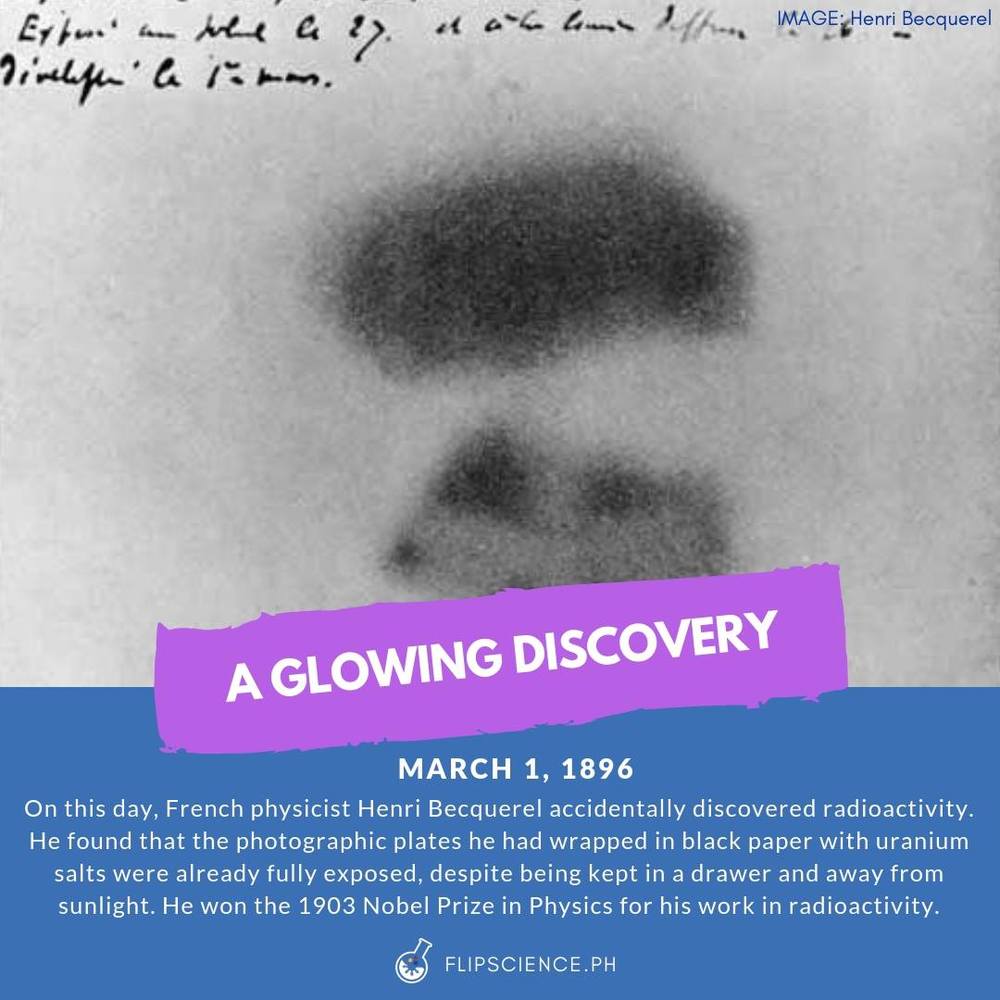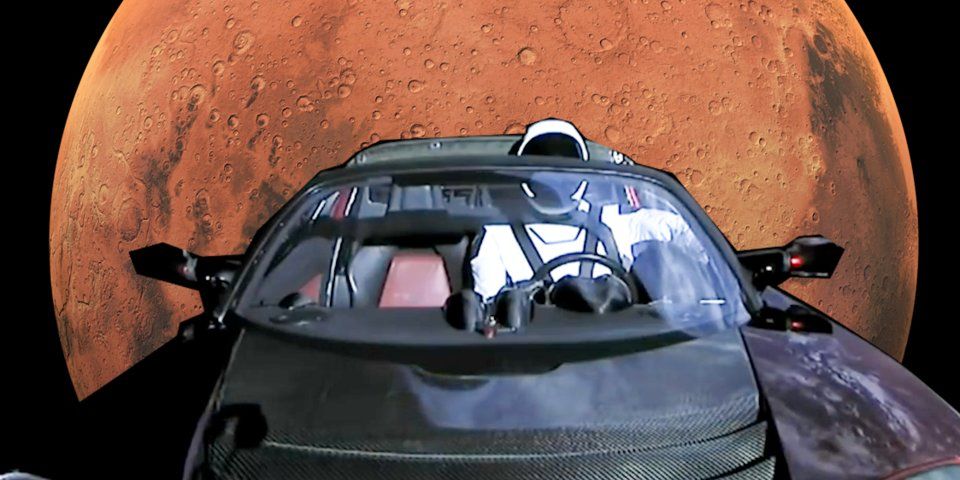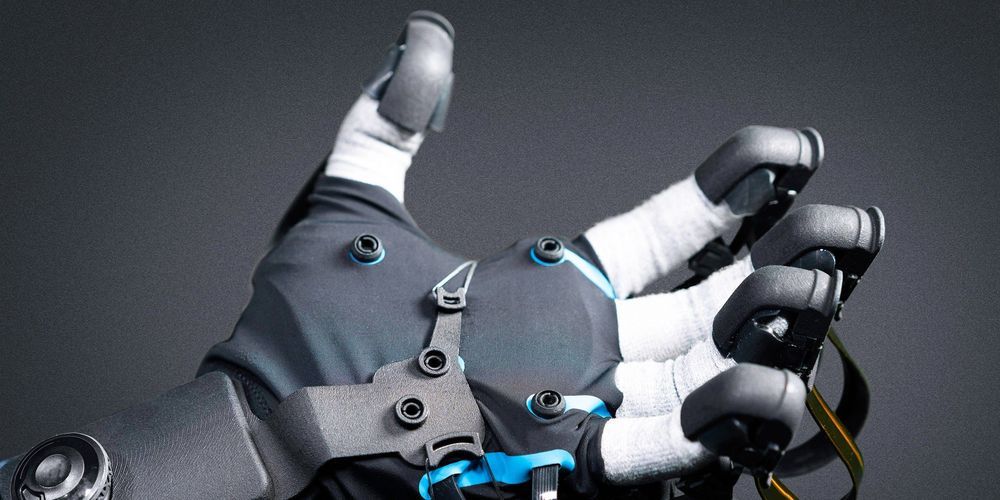Zombie Bacteria that sounds like a Netflix Series…not really, but a bacteria that devours roundworms has been found. #karma A new species of bacterium Chryseobacterium nematophagum, has been found to digest its hosts—roundworm parasites—from the inside out. The findings, which are presented in the open access journal BMC Biology, suggest that the bacteria may potentially be used in future, to control roundworm infections in animals, plants, and, potentially, humans.
A new species of bacterium, Chryseobacterium nematophagum, has been found to digest its hosts—roundworm parasites—from the inside out. The findings, which are presented in the open access journal BMC Biology, suggest that the bacteria may potentially be used in future, to control roundworm infections in animals, plants, and, potentially, humans.
